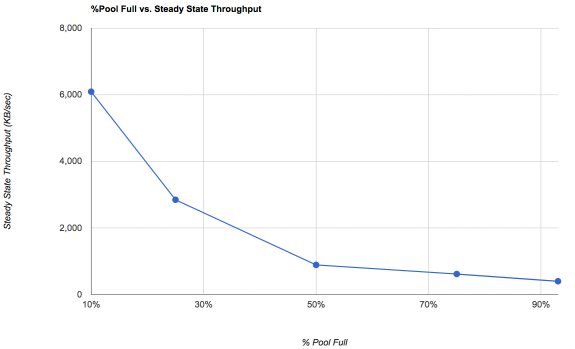Hello everyone,
I am an amateur network hobbyist who looks forward to building my first homebrew NAS rig. FreeNAS 11 is supposedly fine for me, but it is quite selective on the ethernet NICs, thus might cost me a PCIe slot for an Intel one. (My motherboard comes with Realtek LAN port



.) I am looking at TrueNAS SCALE vs OpenMediaVault as both are based on Debian Linux, thus should have no compatibility issues with Realtek NICs at all.
So, beside the seemingly obvious difference that SCALE comes with ZFS filesystem support out of the box and by default, whilst with OpenMediaVault I have to install the ZFS addon, what are the other differences that might affect my consideration between the two for the upcoming household NAS ? In addition, I hear the Internet says that ZFS support on Linux is quite a mismatch, has SCALE overcome this issue ?
Also, how is the power consumption of TrueNAS SCALE vs TrueNAS Core / FreeNAS ?
I still have a lot to learn from this forum. Please help me out. Thank you very much in advance.

